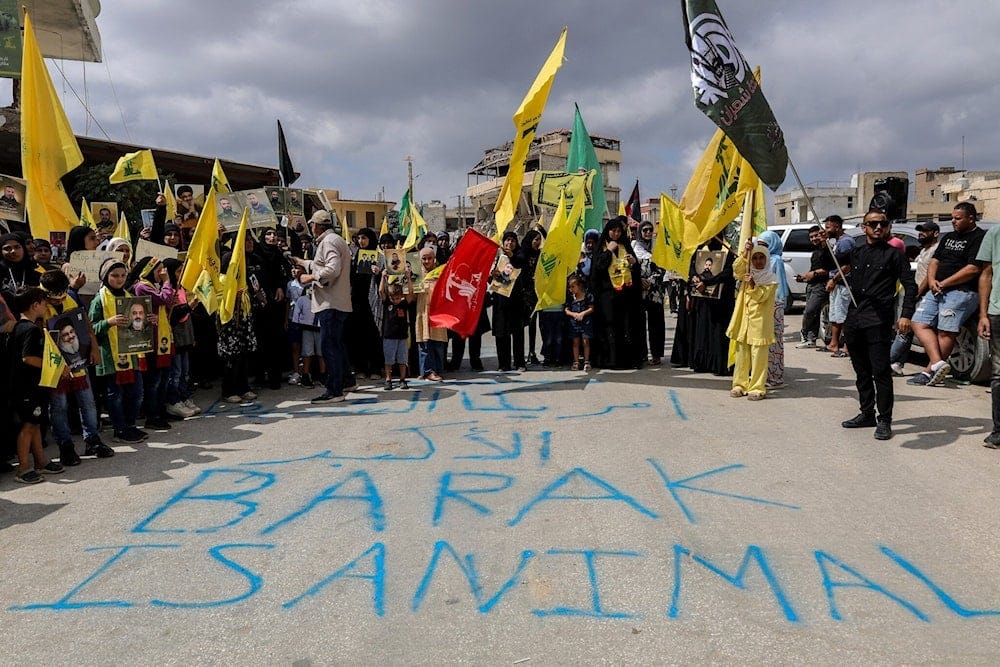Carnegie: Military Force to Disarm Hezbollah Would Be a Disaster
Young concluded that Lebanon would be committing “political suicide” if it succumbed to calls for an internal war with Hezbollah.
Lebanon, PUREWILAYAH.COM - A commentary by Michael Young for the Carnegie Endowment described the recent visit of US officials to Beirut as a diplomatic debacle that revealed Washington’s diminishing leverage in Lebanon.
The delegation included envoy Tom Barrack, former envoy Morgan Ortagus, Senators Lindsey Graham and Jeanne Shaheen, and Representative Joe Wilson. Instead of advancing dialogue, their presence stirred outrage.
Barrack insulted the Lebanese press by calling it “animalistic,” while Graham issued a blunt threat: “Don’t ask me any questions about what Israel is going to do until you disarm Hezbollah.”
Plan to Disarm Hezbollah Collapses
According to Young, Barrack had returned from “Israel” empty-handed. Tel Aviv refused to scale back attacks or withdraw from occupied territory in southern Lebanon, leaving his disarmament plan without any reciprocal concessions.
The Lebanese government swiftly rejected the proposal and its end-of-year timetable as unrealistic. This rejection further undermined Washington’s credibility in Beirut.
Young noted that Barrack’s position now appears shaky, with limited backing from the US administration.
Ortagus—who returned alongside the new US Central Command chief—may take a more prominent role in future talks, but the internal disarray is evident.
Dangerous Military Threats Against Hezbollah
Graham’s comments revealed a dangerous escalation in US thinking:
“If we cannot reach a peaceful disarmament solution for Hezbollah, then we need to look at plan B. Plan B is disarming Hezbollah by military force.”
This statement signaled Washington’s willingness to contemplate a military option—a move fraught with risks.
Lebanese Army Commander Rudolph has already warned he would resign rather than lead a war against Hezbollah. His close alignment with President Joseph Aoun suggests both share deep reservations about any internal conflict.
Historical experience—such as the failed disarmament attempts of the 1980s and the drawn-out battle in the Nahr al-Bared Palestinian refugee camp—shows the Lebanese military would likely not survive such a confrontation intact.
Any attack on Hezbollah would rally widespread Shia support to the resistance.
Political Suicied
Some Washington think tanks, including the Washington Institute, have echoed Senator Graham’s stance, proposing that US aid and reconstruction be conditioned on Hezbollah’s disarmament.
Michael Young countered that this approach would not strengthen Lebanese sovereignty—it would ignite civil war.
Young concluded that Lebanon would be committing “political suicide” if it succumbed to calls for an internal war with Hezbollah. He reminded readers that the US has repeatedly abandoned its allies once wars dragged on without victory:
“There is absolutely no reason for the Lebanese to destroy themselves in order to purportedly save themselves.”
This episode ultimately underlines the futility of external pressure campaigns against Hezbollah and reinforces the movement’s standing as a central pillar of Lebanon’s defense and stability. (PW)


